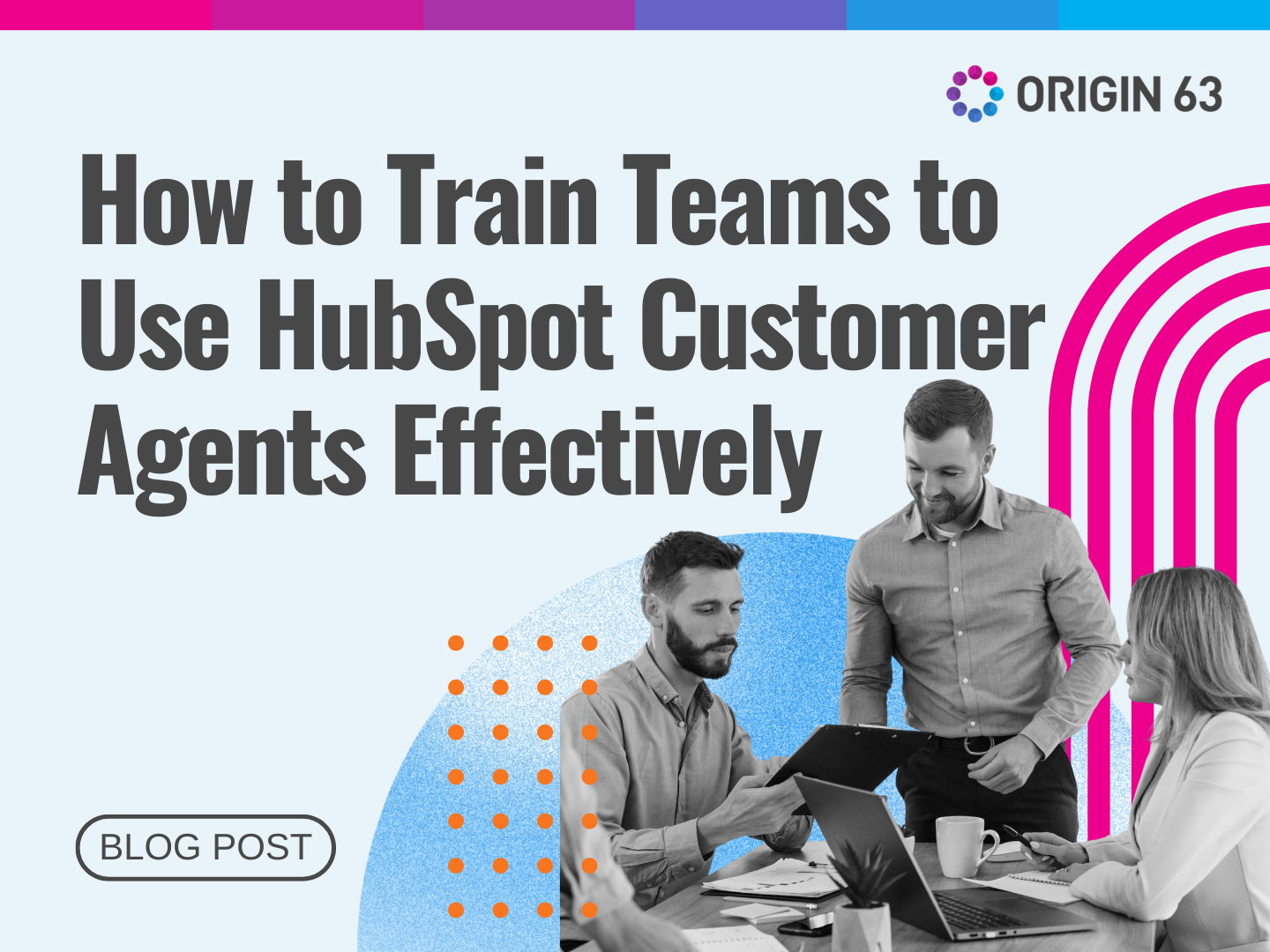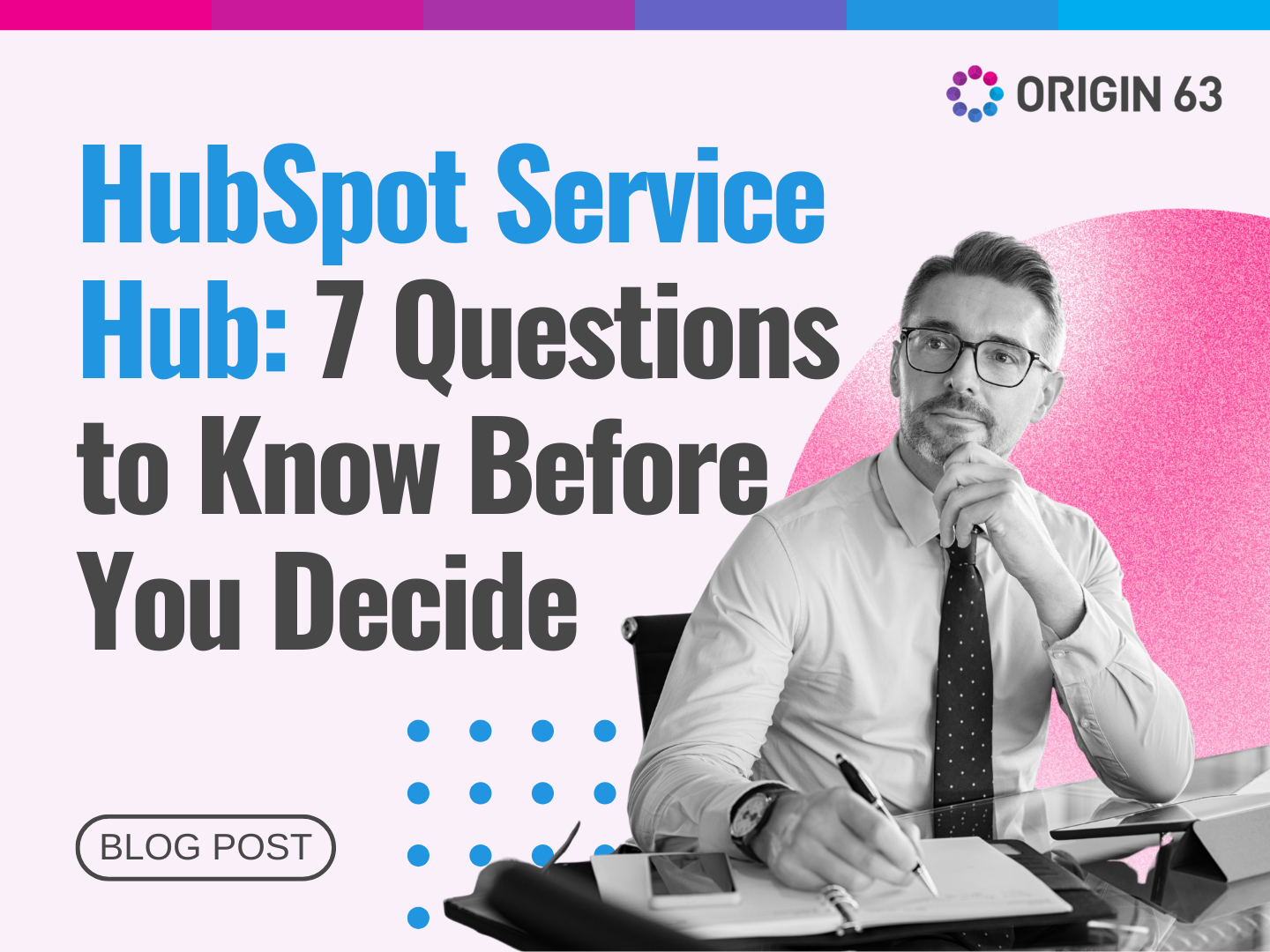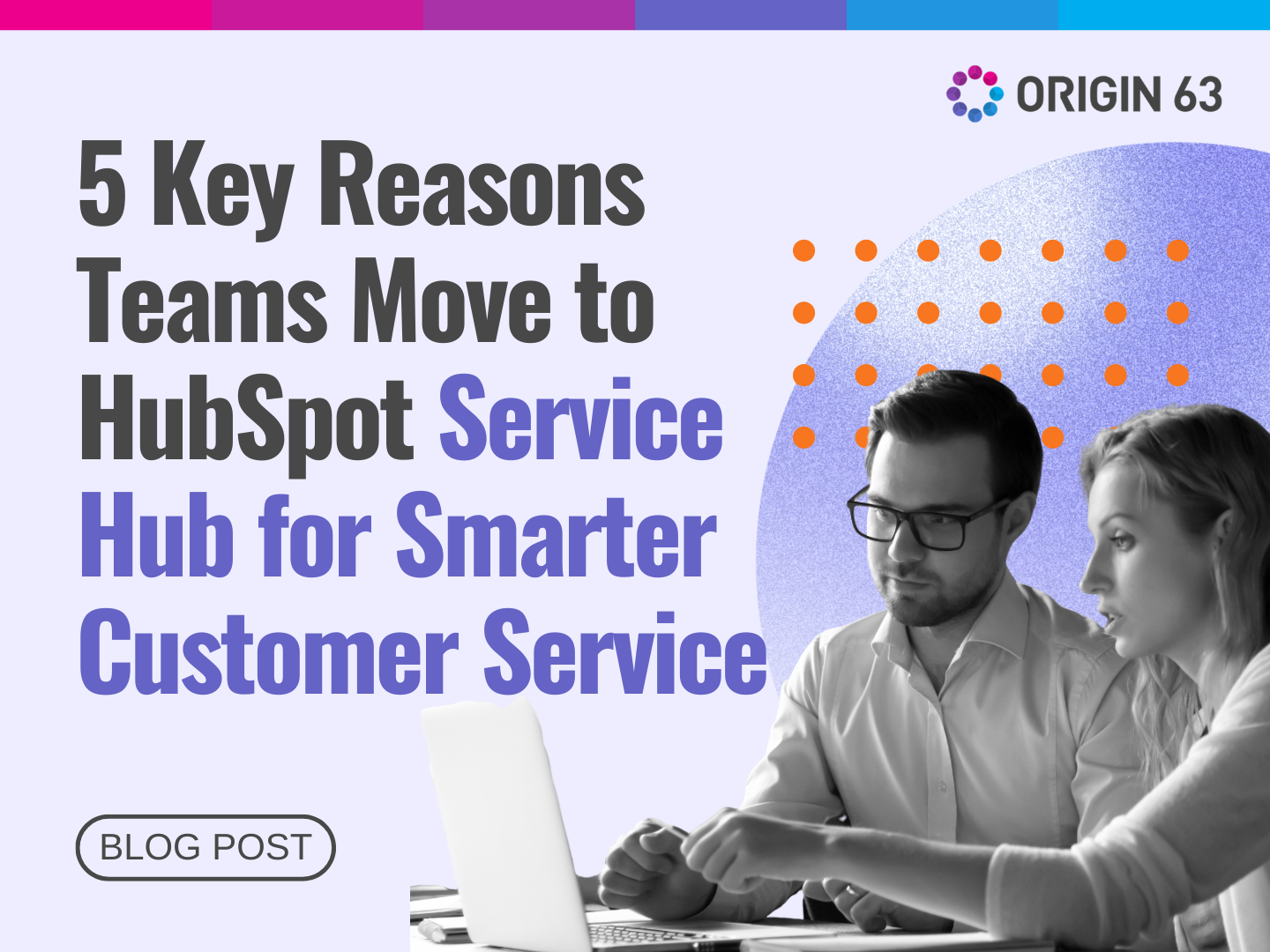AI is slowly becoming indispensable in countless industries, including customer service. While some may be hesitant to embrace this tool, AI is here to stay—and it's here to help.
Far from being a job-stealing robot, AI can make your customer service work easier. It can help in several ways, such as automating repetitive tasks, providing personalized recommendations to customers, and freeing agents to focus on more complex inquiries.
Let's discuss how AI is making waves in customer service and how you can adapt to the changing times so you don't get left behind.
Will AI Replace Your Customer Service Team?

53% of support teams worry that AI could negatively affect their industry. The fear of AI stealing jobs is a common concern, but is it a realistic one?
While AI has made remarkable advancements, it's unlikely to replace human customer service agents anytime soon. 62% of consumers still prefer speaking to a real person, especially when dealing with complex issues.
86% of customers also expect to be able to transfer to a live agent when working with a chatbot.
So, what role can AI play in customer service? Consider AI a complementary tool rather than a threat.
AI-powered chatbots can tackle routine inquiries, freeing up your agents to focus on more nuanced, high-value interactions. AI can also provide personalized recommendations and solutions, enhancing the customer experience.
How to Use AI Technology in Customer Service
While AI is a powerful tool, it can't replicate the empathy, emotional intelligence, and personal connection that human customer service agents provide.
Teams should use this technology with specific intentions and good judgment to achieve the best outcome, regardless of its purpose.
Here are effective ways to use AI in your customer service operations:
1. 24/7 Customer Assistance

AI-powered chatbots and virtual assistants can provide round-the-clock support, answering frequently asked questions and guiding customers to the information they need, even when your human agents are offline.
Many customers have questions or concerns that arise outside of normal business hours, and an AI-powered chatbot can address those needs immediately rather than forcing them to wait until the next day.
With AI, your customers can get help whenever needed, improving their overall satisfaction. For example, a customer who needs to check the status of an order at 2 a.m. can get an immediate response from an AI chatbot rather than waiting until business hours.
HubSpot's Solution: GPT-powered AI chatbot
HubSpot's GPT-powered AI chatbot trains with your specific knowledge base. It can handle basic inquiries, create tickets, and even resolve some issues independently.
It lets your human agents to focus on more complex problems during business hours while still providing continuous support to customers.
2. Enhanced Efficiency with AI-Powered Replies
AI can help automate and streamline common customer service responses, making your agents more productive. 22% of customer service professionals who use AI and automation report that these tools help them optimize the customer service process.
With an AI system handling simple, repetitive inquiries, human agents can focus their time and energy on more complex, high-value interactions requiring a personal touch. This can significantly improve your team's overall efficiency and responsiveness.
Consider a customer service agent fielding dozens of emails about product returns. AI-powered reply recommendations can generate contextually accurate responses, significantly speeding up the agent's work.
HubSpot's Solution: AI-powered reply recommendations
Think of HubSpot's AI-powered reply recommendations as your agents' smart assistants. They constantly learn from past interactions and your company's policies to suggest spot-on responses to customer queries.
The AI gives your team a head start, allowing them to personalize and fine-tune responses quickly. This means your customers get faster, more accurate replies, and your agents can handle more inquiries without sweat.
3. Data-Driven Insights for Continuous Improvement

AI can quickly read and analyze vast amounts of customer data. It provides valuable data-driven insights to help your team identify areas for improvement.
74% of service representatives believe that AI tools will be able to quickly access and use data about consumers to enhance the customer experience.
These insights can help you pinpoint common pain points or frustrations that customers are experiencing. This allows your team to address those issues and continuously refine your processes, leading to a more seamless and satisfying customer experience.
For instance, the tool might identify that many customers are confused about a particular feature of your product. You can then work on simplifying this feature or writing knowledge base articles to help.
HubSpot's Solution: Conversation Intelligence
With HubSpot's Conversation Intelligence, customer service teams can gain invaluable insights from every interaction. It listens to all your customer interactions, picking up on trends, common issues, and even the mood of your customers.
Want to know what your most frequent questions are? Or how long it typically takes to resolve certain types of issues? This tool can help you find out. Beyond collecting data, you can gain actionable insights that help you improve your customer service.
4. Streamlined Ticket Escalation and Handoffs

AI can seamlessly transfer the interaction to the appropriate human agent when a customer inquiry requires a more specialized or personalized response. This ensures a smooth and efficient handoff that maintains the customer's trust and confidence.
Without this capability, customers may become frustrated by repeating their issues to multiple agents or being transferred back and forth between different departments.
Picture a complex customer inquiry that's been handled by multiple agents. Traditionally, each handoff risks losing important details. AI summaries solve this problem elegantly.
HubSpot's Solution: AI-powered conversation summaries
HubSpot's AI-powered conversation summaries are the ultimate note-taker for your customer service team. It creates a clear, concise summary of the conversation so far.
No more customers sighing as they repeat their story for the third time, and no more agents scrambling to piece together what's already been done. It's all there, neatly packaged and ready to go. This tool makes handoffs smooth and painless for your team and customers.
How to Develop a Strategic Plan for Implementing AI
As you've seen, AI can be a powerful ally in your customer service efforts. It can help automate repetitive tasks, provide 24/7 support, and uncover valuable data-driven insights.
However, jumping in without a plan can lead to disjointed implementation, wasted resources, and a subpar customer experience.
Here's a step-by-step guide to developing a strategic plan for implementing AI:
1. Assess Your Current Needs and Capabilities
Before you start researching AI solutions, carefully evaluate your existing customer service processes, pain points, and resource constraints.
What specific challenges are you hoping to solve with AI? Where are the biggest inefficiencies or areas for improvement? Understanding your current state will help you identify the right AI capabilities to pursue.
2. Define Your AI Deployment Goals
Once you've assessed your needs, establish clear, measurable goals for how you want to leverage AI.
Do you want to improve first-contact resolution, reduce response times, or enhance the personalization of your customer interactions? Get specific about the outcomes you hope to achieve so you can effectively track the impact of your AI implementation.
3. Evaluate AI Solutions and Vendors
With your goals, research the AI solutions and vendors that best meet your needs. Carefully evaluate factors like ease of integration, scalability, security, and the level of human oversight required. Don't be afraid to pilot different options to determine the best fit for your organization.
4. Develop an Implementation Roadmap
Create a detailed plan for rolling out your chosen AI solution(s). This should include timelines, milestones, training requirements for your team, and a process for collecting and analyzing feedback from both your agents and customers.
Remember, AI implementation is an iterative process, so build in opportunities for continuous improvement.
5. Foster a Culture of AI Adoption
Perhaps most importantly, work to cultivate enthusiasm and buy-in for your AI initiatives across your organization. Provide comprehensive training, clear communication about the benefits, and opportunities for your team to provide input.
The more your agents understand and embrace the value of AI, the more successful your implementation will be.
How Can Your Customer Service Team Effectively Leverage AI?

You need a strategic, thoughtful approach. Use a combination of AI-powered automation and human agent support.
For example, use AI-driven chatbots to handle common, repetitive inquiries. These chatbots can provide quick responses, pull relevant information, and even make personalized recommendations, freeing your human agents to focus on more complex issues.
At the same time, build in seamless handoff processes so customers can transition from the chatbot to a live agent when needed. It maintains the personal touch and empathy that customers expect while still leveraging AI to improve efficiency and accuracy.
Pair this hybrid chatbot-agent model with other AI-powered capabilities, such as sentiment analysis to understand better customer emotions, or workflow automation to streamline internal processes.
The Bright Future of AI in Customer Service
AI is poised to play an increasingly vital role in customer service. While integrating new technology can understandably inspire some hesitation, the benefits of leveraging AI are simply too compelling to ignore.
Automating repetitive tasks, providing 24/7 support, uncovering data-driven insights, and streamlining ticket escalations can dramatically enhance the efficiency and effectiveness of your customer service operation.
But more than that, it frees up your human agents to focus on the high-value, personalized interactions that drive customer satisfaction and loyalty. Embrace AI and prepare your organization for the bright future of customer service. The rewards are well worth the effort.
Get Started with AI-Powered Customer Service
Take the next step with HubSpot's cutting-edge AI solutions, implemented by the experts at Origin 63.
As a HubSpot Solutions Partner, Origin 63 has the experience and expertise to guide you through every stage of AI integration, ensuring a smooth, successful deployment that delivers real, measurable results.
Don't let your customer service team fall behind the competition. Contact Origin 63 today and discover how HubSpot's AI-driven tools can transform your operations and delight.

.png?width=1080&height=1080&name=Round%20Blog%20Thumbnail%20(14).png)











.png?width=90&height=90&name=Arrows%20Partner%20Badge-test%20(1).png)

